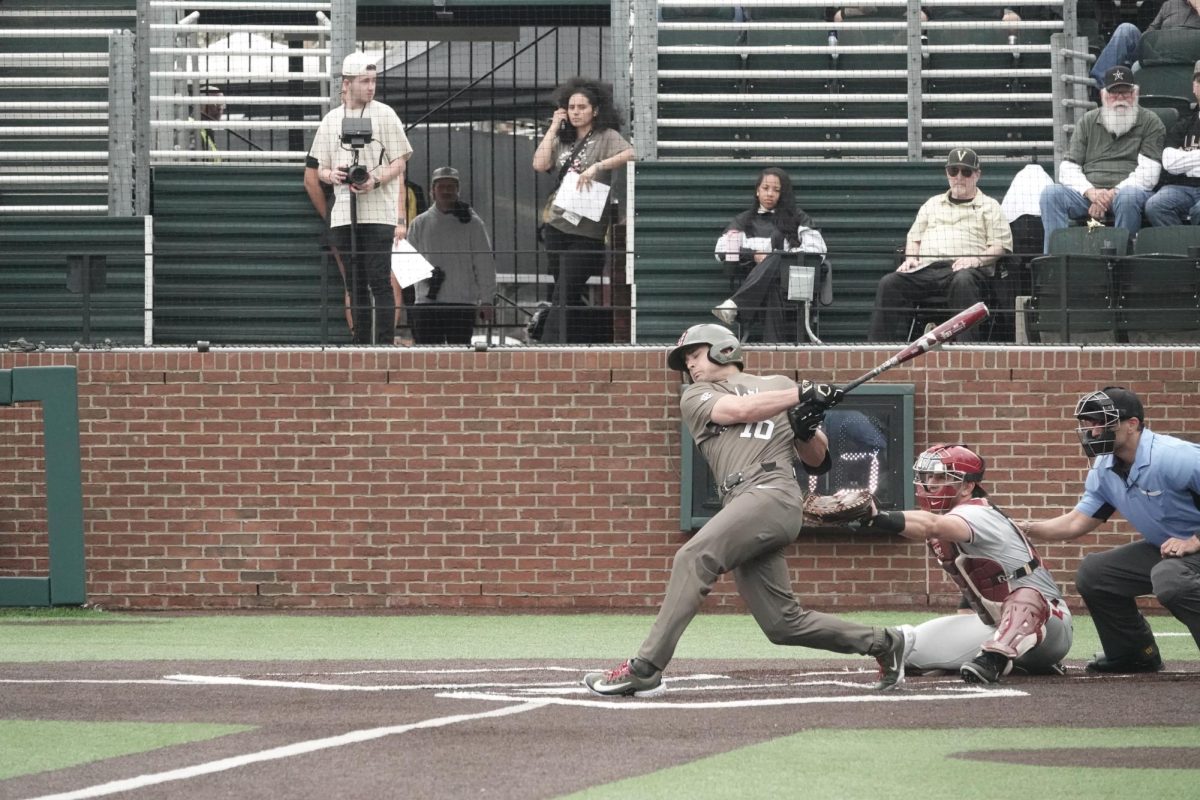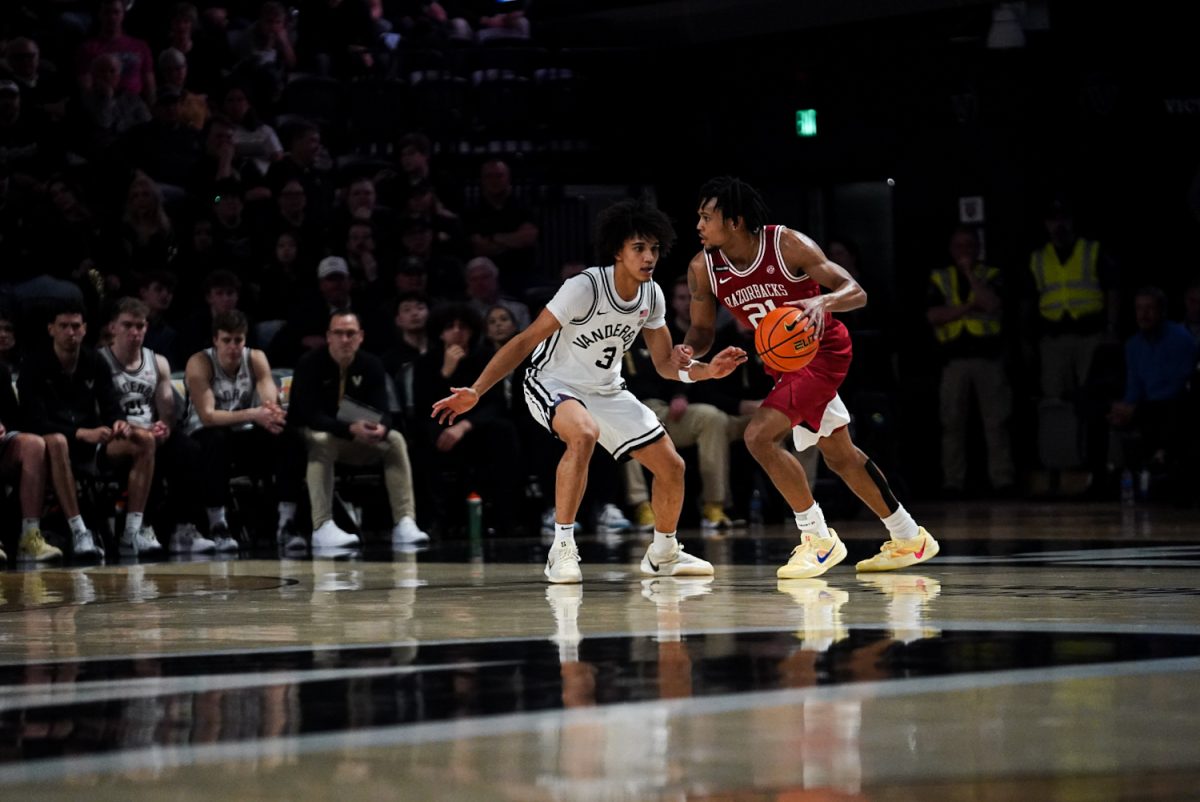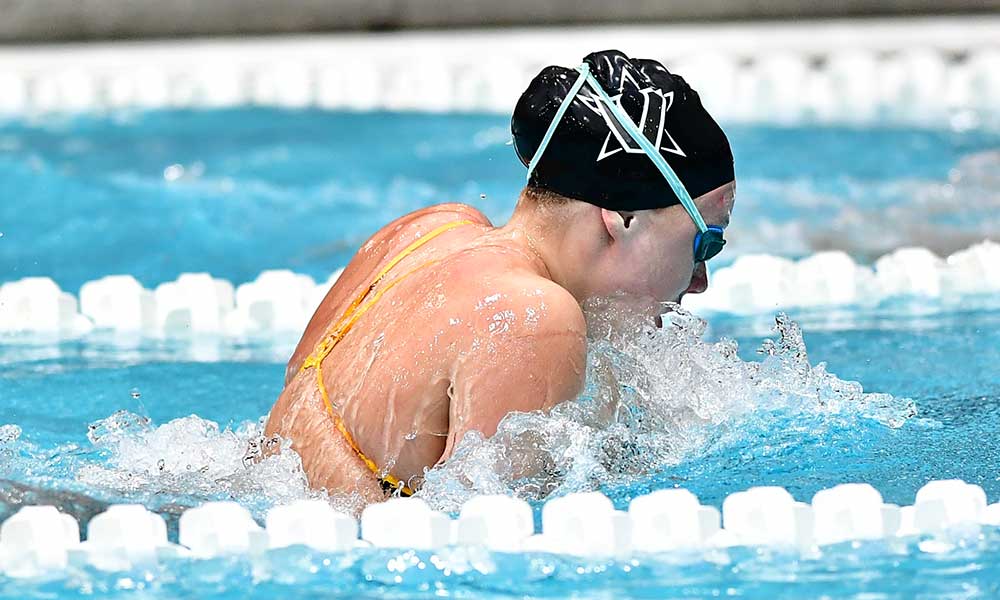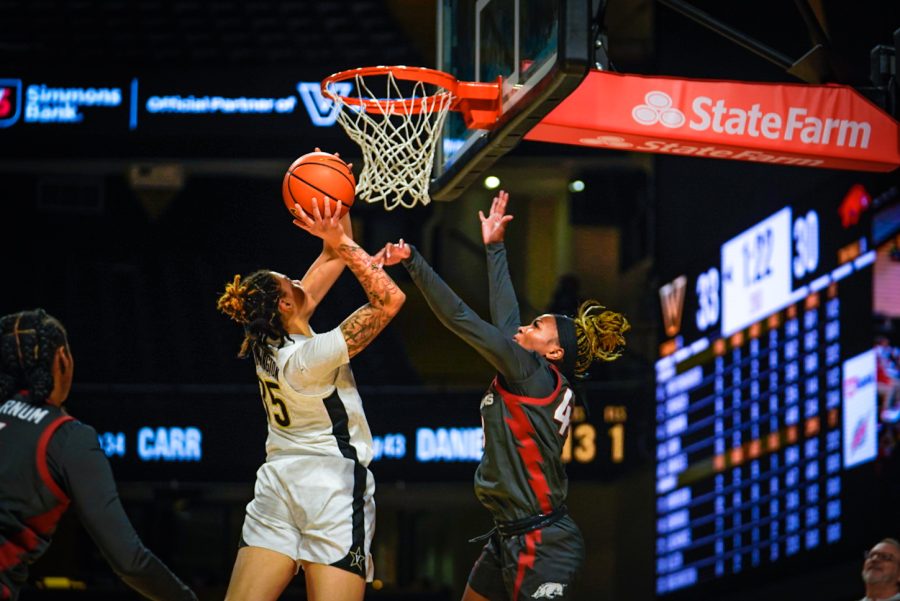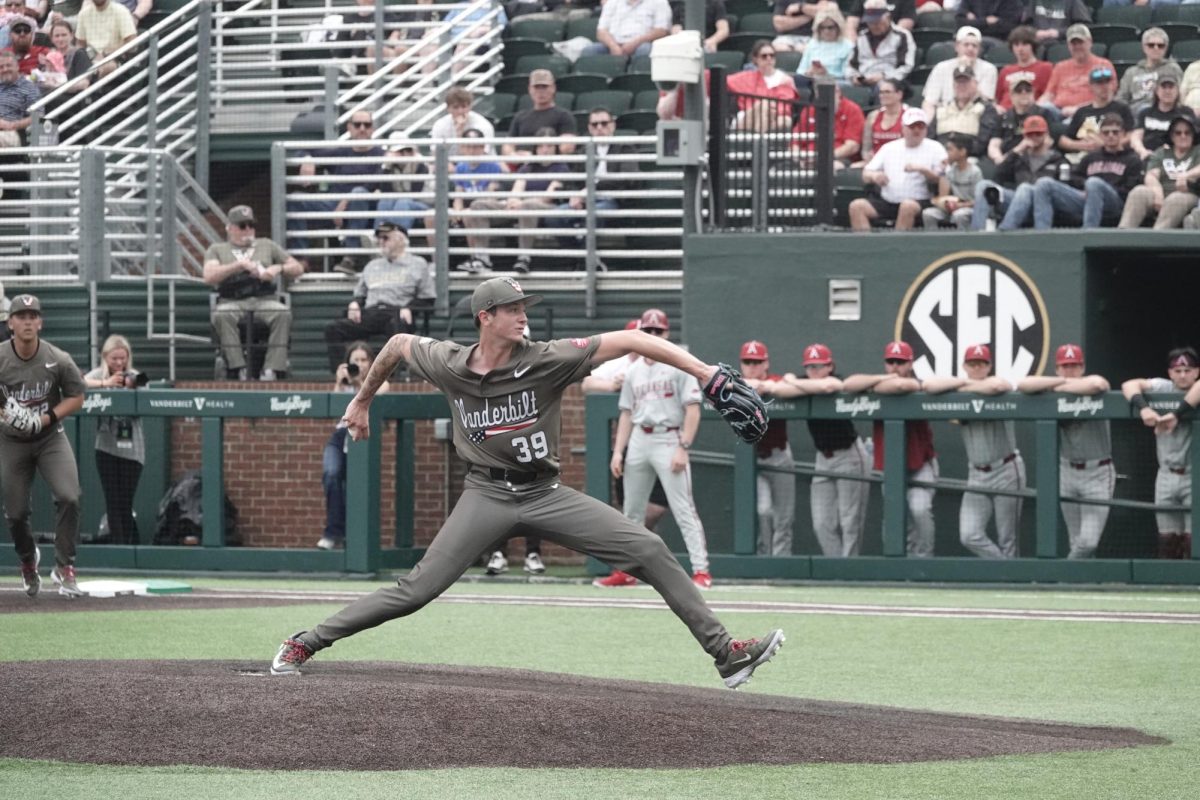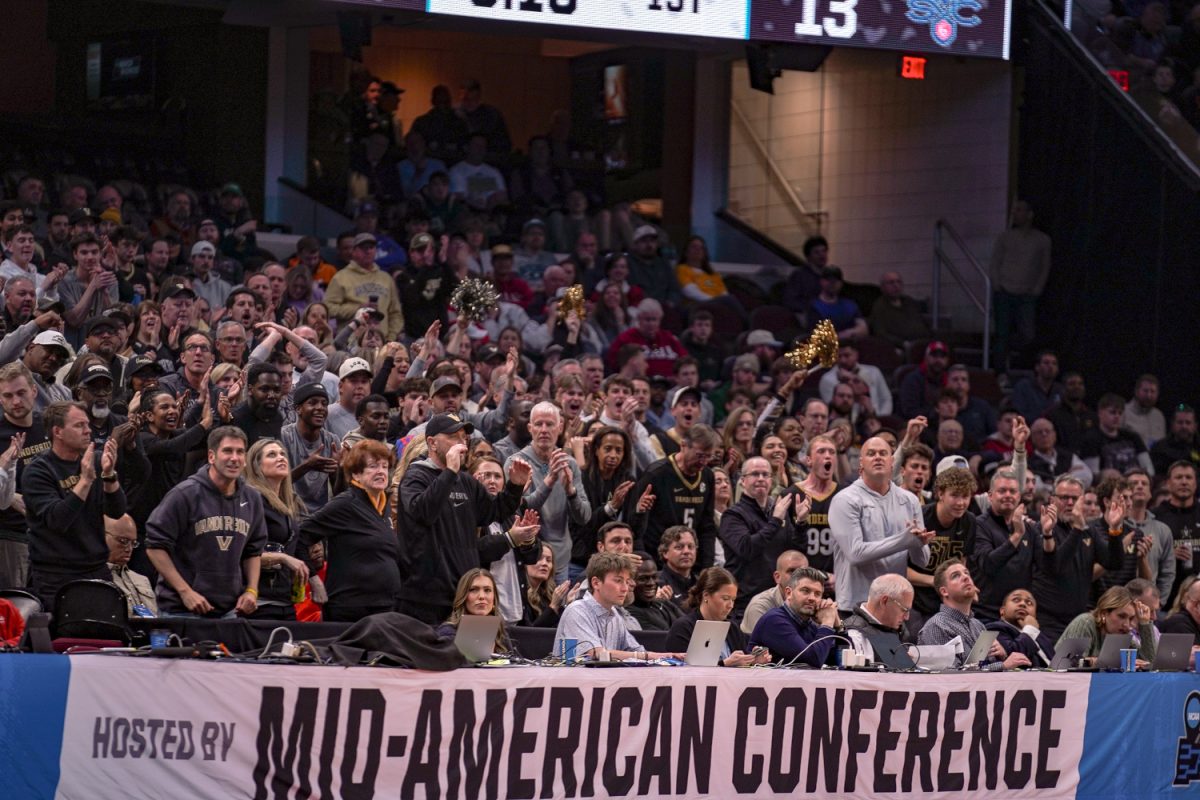In a tough weekend at Hawkins Field, the No. 23 Vanderbilt Commodores were swept by the No. 2 Arkansas Razorbacks, their first time being swept at home since 2022. After a blowout loss in Friday night’s opening game on March 28, the VandyBoys fought into extra innings on Saturday and carried a lead into the eighth inning on Sunday, but ultimately couldn’t pull out a win against one of the most dangerous teams in college baseball.
The Commodores struggled to generate consistent offensive production throughout the weekend, scoring just seven total runs against a formidable pitching staff filled with high-velocity arms. Vanderbilt’s inability to keep up with the Arkansas offense raises real questions about the team’s ability to keep pace in an increasingly competitive SEC title race.
Power outage
The most glaring difference between Vanderbilt and Arkansas over the weekend was power at the plate. The Commodores currently sit dead last in the SEC with just 23 home runs on the season, six below the next-lowest and an enormous difference from the Razorbacks’ 65, which ranks third in the conference.
Colin Barczi was the lone Commodore with a home run in the series, showcasing the offense’s inability to both mount comebacks or decisively pull away while leading. Sunday’s series finale provided the clearest example of the impact home-run hitting can have. Down 3-2 heading into the eighth inning, Arkansas rallied with two round-trippers, scoring what would ultimately become the game’s winning runs. The Razorbacks’ ability to strike quickly with power is something Vanderbilt hasn’t consistently demonstrated — a reason why the Commodores have struggled — and will continue to do so — against the SEC’s top offenses.
A change at designated hitter?
While Vanderbilt’s power shortage can largely be attributed to a lack of true home-run hitters, some issues may stem from the lineup construction itself. Head coach Tim Corbin, known for prioritizing consistency and contact skills over raw power, continues to use backup catcher Mac Rose in the designated hitter spot, a role traditionally reserved for power-hitting sluggers. Despite his strong .281 average, Rose has only slugged four extra-base hits this season and may be better suited as a platoon option behind the plate than a middle-of-the-order hitter.
With the Commodores’ inability to hit for power, something has to give, and inserting Braden Holcomb or JD Rogers back into the lineup on a regular basis would bring this much-needed power boost. While it’s not Corbin’s usual modus operandi, it might just be the necessary adjustment in a season where the long ball has increasingly determined outcomes.
Bright spots on the bump
All things considered, Vanderbilt’s pitching showed flashes of promise against the dynamic Arkansas offense. While JD Thompson got roughed around in Friday’s opener, Cody Bowker rebounded with a solid five-inning outing on Saturday. Yet, it was two other pitchers who stood out as encouraging signs for the Commodores.
Conner Fennell, who took over last week for Ethan McElvain as the Commodores’ third weekend starter, delivered a strong outing on Sunday, punching out ten Razorbacks and allowing two runs over five innings. With an elite 19.5 K/9 rate — which actually dipped from 20.3 entering the weekend — Fennell’s deceptive, swing-and-miss stuff should allow him to continue to thrive in his new role, even with a fastball that tops out in the upper 80s.
Meanwhile, Sawyer Hawks continued to reinforce his status as the most reliable arm on Corbin’s staff. Entering in relief of Bowker on Saturday, Hawks tossed four exceptional innings, surrendering just one run on one hit. Hawks, who has consistently been thrust into high-leverage spots, has proven his effectiveness, posting a stellar 1.57 ERA across 23 innings of work thus far.
Swept, but not sunk
While getting swept at home is never ideal, there’s still reason for Vanderbilt to remain optimistic. The Commodores’ pitching staff leads the nation with a .196 batting average against, and that’s without its ace Thompson fully hitting his stride. Despite struggling to match Arkansas’ offensive firepower, baseball is a game of streaks — and the key now lies in finding a way to inject power into the lineup without compromising consistency and approach.
Playing the second-best team in the country certainly exposed some flaws, especially on the offensive side, but it also provided a valuable measuring stick and laid out a clear blueprint moving forward for the Commodores.
Vanderbilt will be back at Hawkins Field Today, April 1, at 6 p.m. CDT to take on Western Kentucky.

